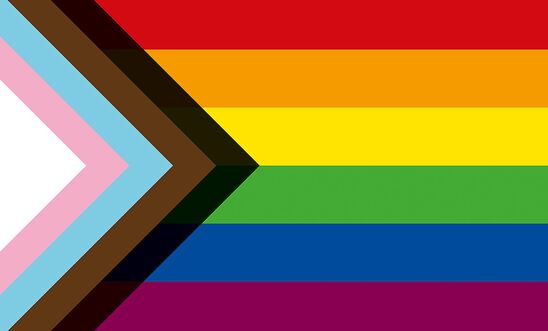
Press releases
Amnesty International UK and Liberty joint statement on puberty blockers

Joint statement following High Court ruling that children under 16 are unlikely to be able to give informed consent to undergo treatment with puberty-blocking drug
Amnesty International UK and Liberty are disappointed to see the High Court’s judgment on the use of puberty blockers. We are concerned not only for what this means for the health and well-being of trans young people, but the wider implications this will have on the rights of children and young people of all genders, particularly on consent and bodily autonomy.
Puberty blockers have been a reversible intervention used for decades to pause precocious puberty. Young trans people have been able to access puberty blockers under medical supervision since the late 1990s as a way to put on hold the physical changes of puberty, alleviate gender dysphoria and allow young trans people to flourish as their full selves. For many young trans people, or those questioning and exploring their gender identity, puberty blockers allow more time to make important decisions. For those who decide to fully transition, puberty blockers allow them to live in the correct gender as adults much more easily, by avoiding physical changes that are very difficult to reverse.
Puberty blockers are a separate treatment from cross-sex hormones and surgery which cannot be accessed until 16 and 18 years of age respectively and there is no obligation to move on to further treatment even if a young person has accessed puberty blockers.
Right to access to healthcare
Young trans people should not have their access to healthcare restricted simply because they are trans. For too long, young trans people have faced severe limitations when accessing healthcare and support, due to long waiting times which already exceed the maximum limit.
There must be no further curbs to the bodily autonomy and determination of any young person, particularly young trans people and anyone who wants to access gender-specific health care.
This is also worrying for access to sexual and reproductive healthcare. The Gillick principle is established in law and permits under-16s to consent to medical treatment if the child shows sufficient understanding and intelligence to enable them to understand fully what is proposed. It came to be because of a legal challenge brought by a mother who was seeking to prohibit her children from accessing contraception without parental permission. We continue to have concerns about the potential repercussions of weakening it.
The Committee on the Rights of the Child has affirmed the importance of children having access to health services without relying on supportive parental consent, and the right of children to make informed decisions in accordance with their evolving capacities without discrimination on the basis of age. The voice of young people should be heard in decision-making concerning their health and lives and not left solely to the discretion of courts. For young trans people without supportive parents any restrictions in accessing healthcare will make it even more difficult to be able to live freely as themselves.
As organisations working on the rights and liberties of all people, we will continue to observe the developments in the puberty blockers case and use our voices to stand up for all young people’s rights to access healthcare without discrimination.